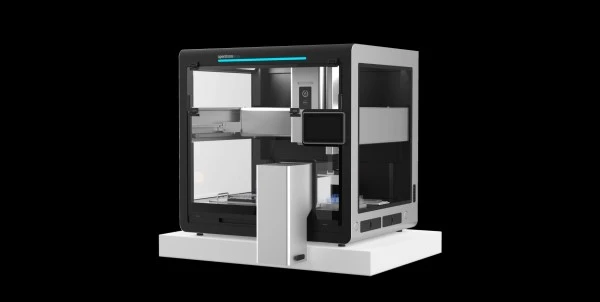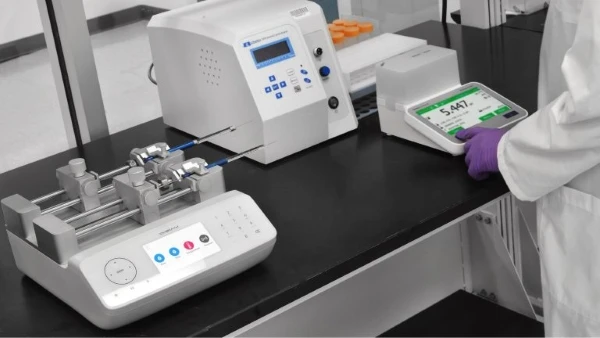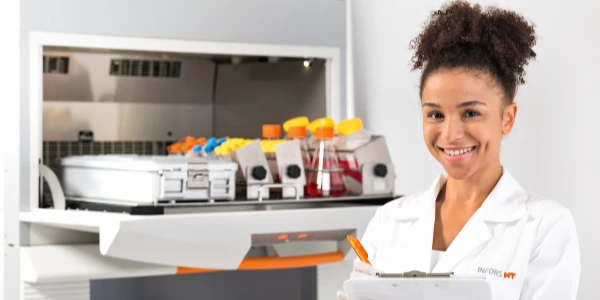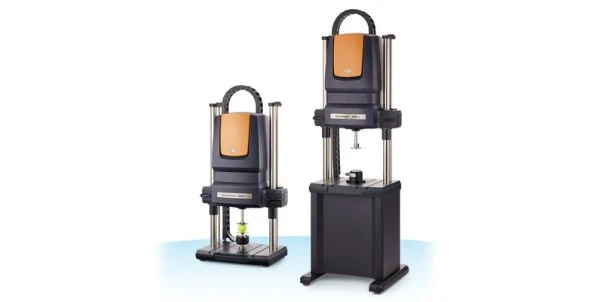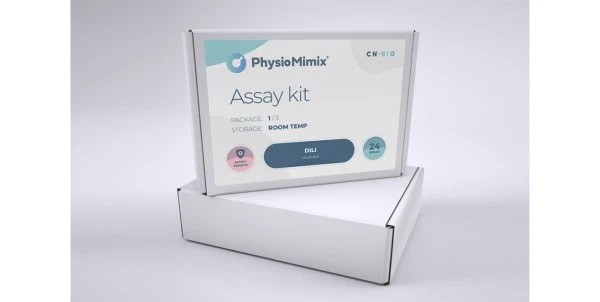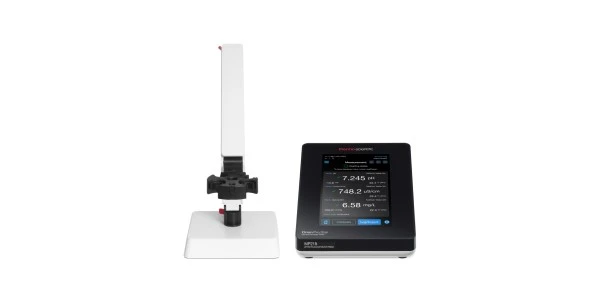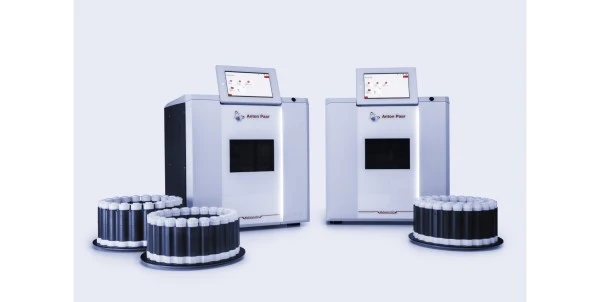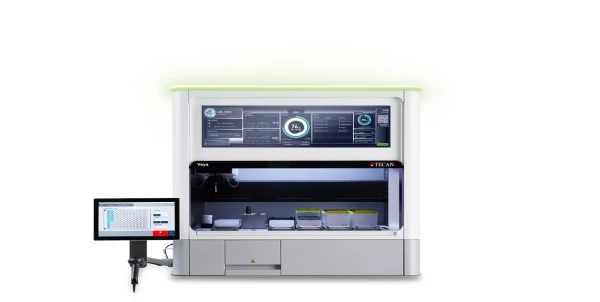
The Best HPLC Systems: A Buyer's Review of Price and Features
Choosing the right High-Performance Liquid Chromatography (HPLC) system is crucial for achieving accurate and reliable analytical results in your laboratory. HPLC systems are essential for separating, identifying, and quantifying components in complex mixtures. This guide provides an overview of different types of HPLC systems, their technical specifications, and key features to consider, helping you balance price and performance in your selection. Analytical HPLC systems are designed for the separation and analysis of compounds in liquid samples. These systems are widely used in pharmaceutical, environmental, and food industries for tasks such as purity testing, content uniformity, and stability studies. They offer high resolution and sensitivity, making them ideal for detailed analytical work. Preparative HPLC systems are used to purify and collect large quantities of specific compounds from mixtures. They are essential in applications such as drug development, natural product isolation, and synthetic chemistry. These systems are designed to handle larger sample volumes and often feature robust pumps and larger columns. High-throughput HPLC systems are optimized for processing a large number of samples quickly. They are ideal for environments where speed and efficiency are critical, such as in drug discovery, clinical testing, and large-scale environmental monitoring. These systems often feature automated sample handling and rapid analysis capabilities. UHPLC systems operate at higher pressures than standard HPLC, allowing for faster analyses and higher resolution separations. These systems are suitable for complex sample matrices and applications requiring superior sensitivity and precision. UHPLC is commonly used in advanced pharmaceutical research, proteomics, and metabolomics. Compact or portable HPLC systems are designed for use in field settings or laboratories with limited space. These systems provide the flexibility to conduct HPLC analysis outside of traditional lab environments. They are useful for on-site environmental testing, food safety inspections, and quality control in manufacturing processes. The performance of the pump is critical in HPLC systems as it affects flow rate accuracy and consistency. Look for systems with high-precision pumps that offer stable and reproducible flow rates, as well as the ability to handle a wide range of solvents and pressures. Detectors play a key role in identifying and quantifying analytes. Common detectors include UV-Vis, fluorescence, and mass spectrometry (MS). Choose a system with detectors that match your analytical needs, ensuring high sensitivity and compatibility with your target compounds. Ensure the HPLC system is compatible with a variety of columns to accommodate different types of analyses. Column selection can significantly impact separation quality and analysis time. Systems that support easy column switching and a wide range of column dimensions offer greater flexibility. Advanced software is essential for controlling the HPLC system and analyzing data. Look for user-friendly software with features such as automated peak integration, data processing, and comprehensive reporting tools. Compatibility with laboratory information management systems (LIMS) can also enhance workflow efficiency. Automation features, such as auto-samplers and fraction collectors, can greatly enhance throughput and reproducibility. For high-throughput environments, consider systems that offer robust automation capabilities to handle large sample volumes with minimal manual intervention. Consider the ease of maintenance and availability of technical support. Reliable systems with accessible components, clear maintenance protocols, and comprehensive technical support can reduce downtime and ensure consistent performance. Model Type Price HPLC System $3,550.00 (used) HPLC System $10,000.00 (used) HPLC System $19,000.00 (used) HPLC System $37,950.00
(refurbished) HPLC System $35,000.00 (used) HPLC System $9,500.00 (used) HPLC Pump $5,250.00
(refurbished) HPLC System €19,000.00 (used) LC/MS/MS System Please Inquire HPLC with 2998
PDA Please Inquire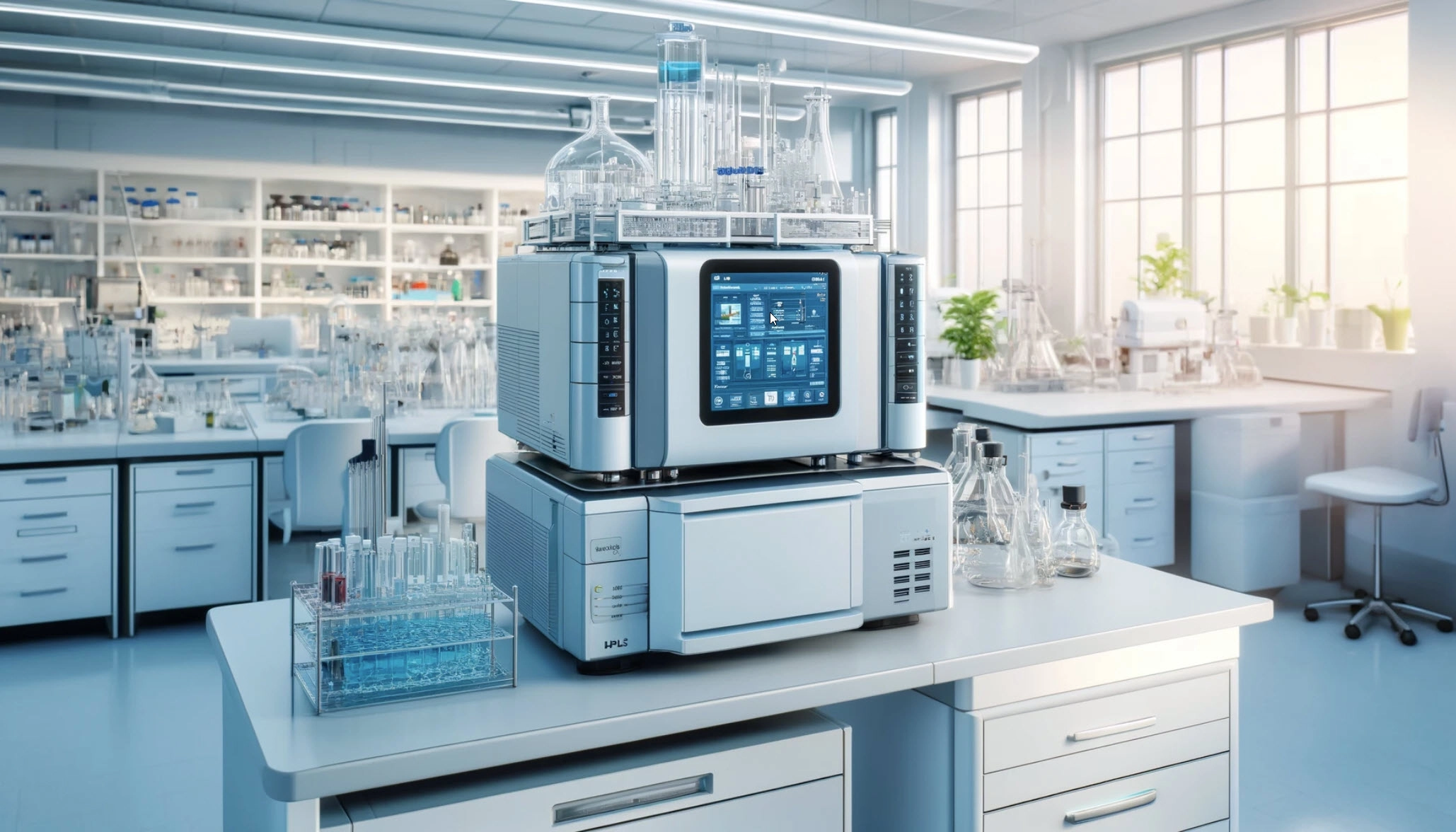
Price and Performance are Key Considerations When Purchasing a New HPLC System
Types of HPLC Systems
1. Analytical HPLC Systems
2. Preparative HPLC Systems
3. High-Throughput HPLC Systems
4. Ultra-High Performance Liquid Chromatography (UHPLC) Systems
5. Compact/Portable HPLC Systems
Key Features to Consider When Buying HPLC Systems
1. Pump Performance
2. Detector Sensitivity and Versatility
3. Column Compatibility
4. Software and Data Analysis
5. Automation and Throughput
6. Maintenance and Support
Laboratory HPLC System Price Guide
HPLC System Pricing for New, Used, and Refurbished Equipment on LabX.com
View all HPLC System Listings on LabX.com
